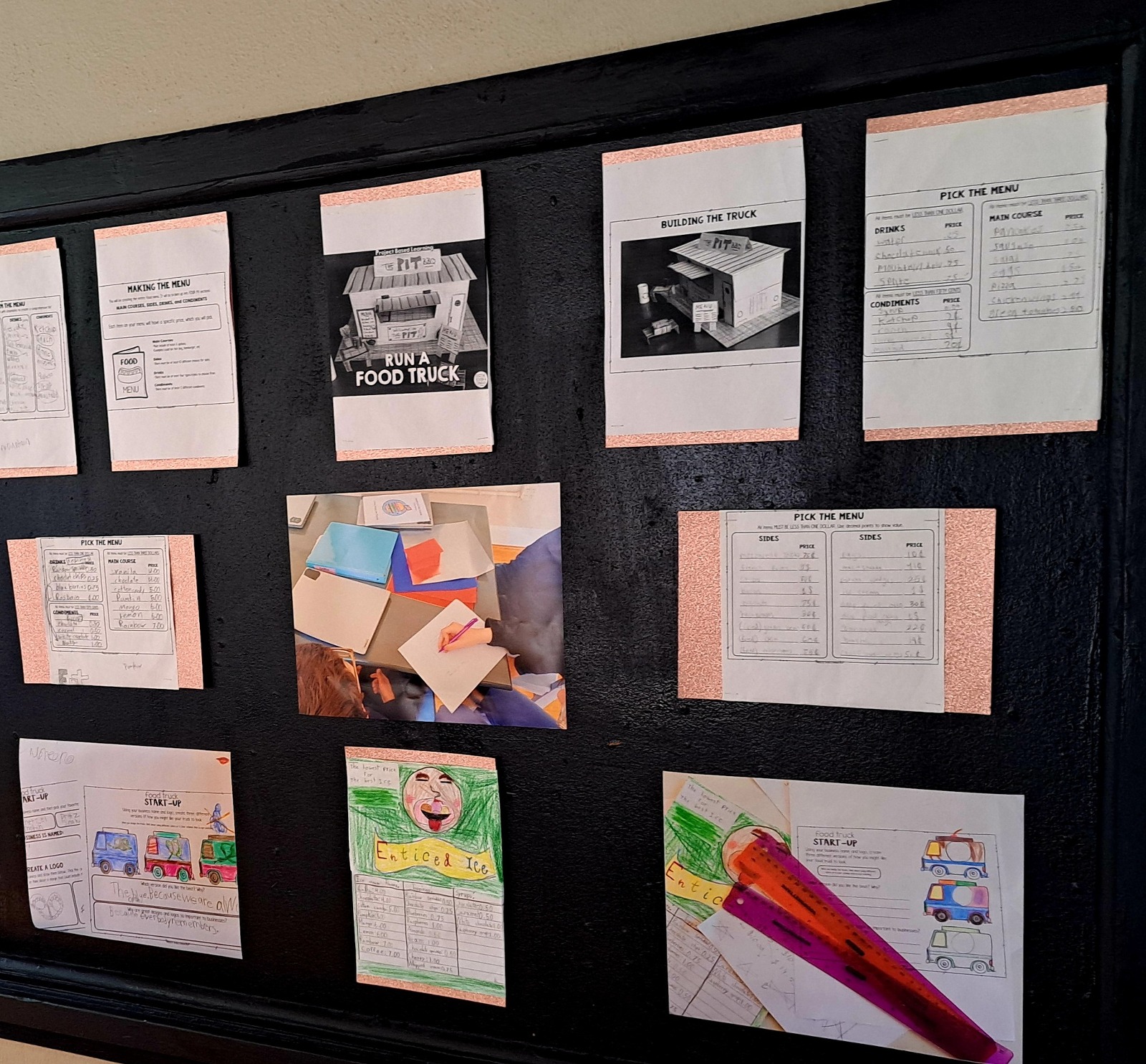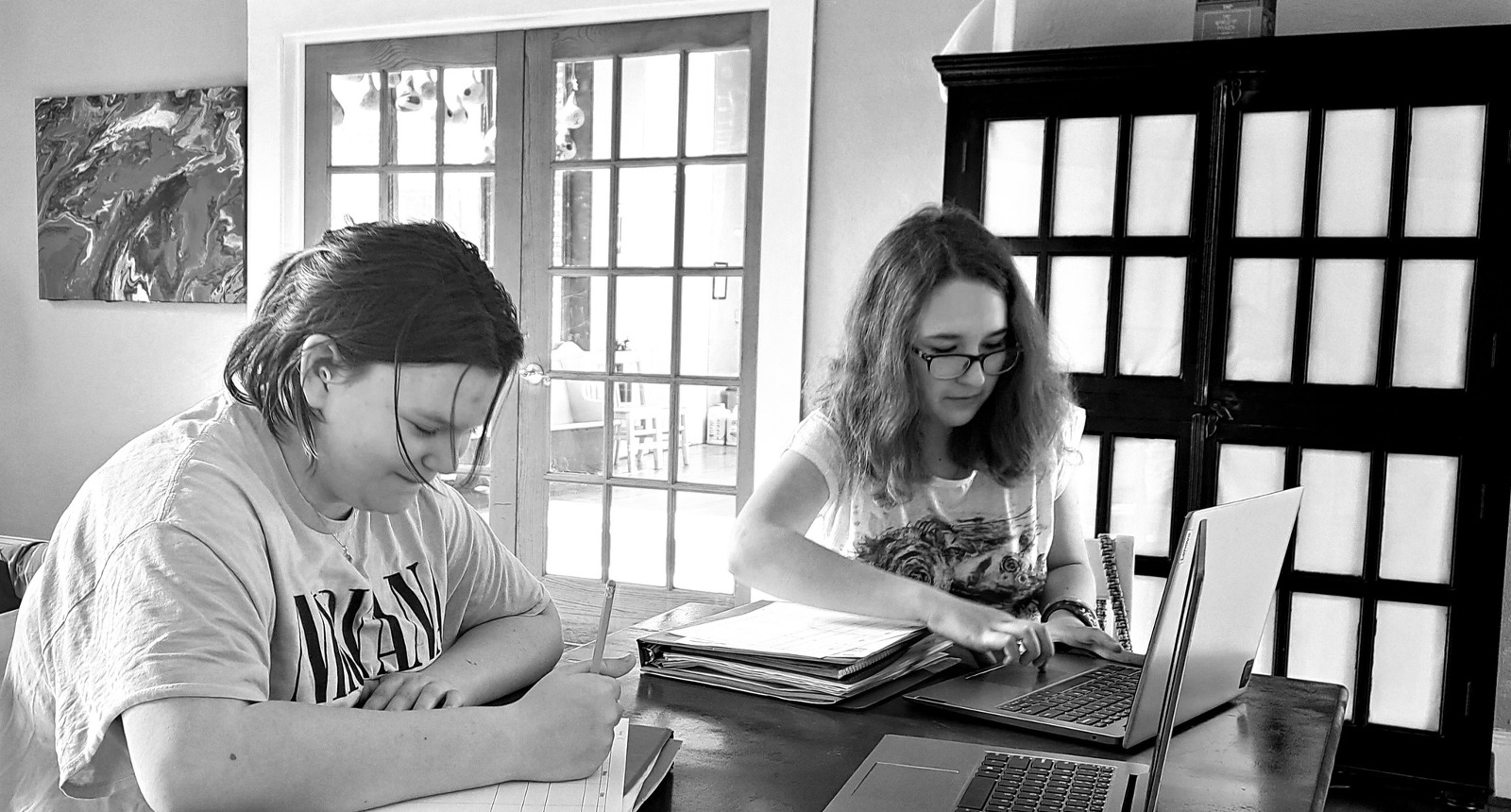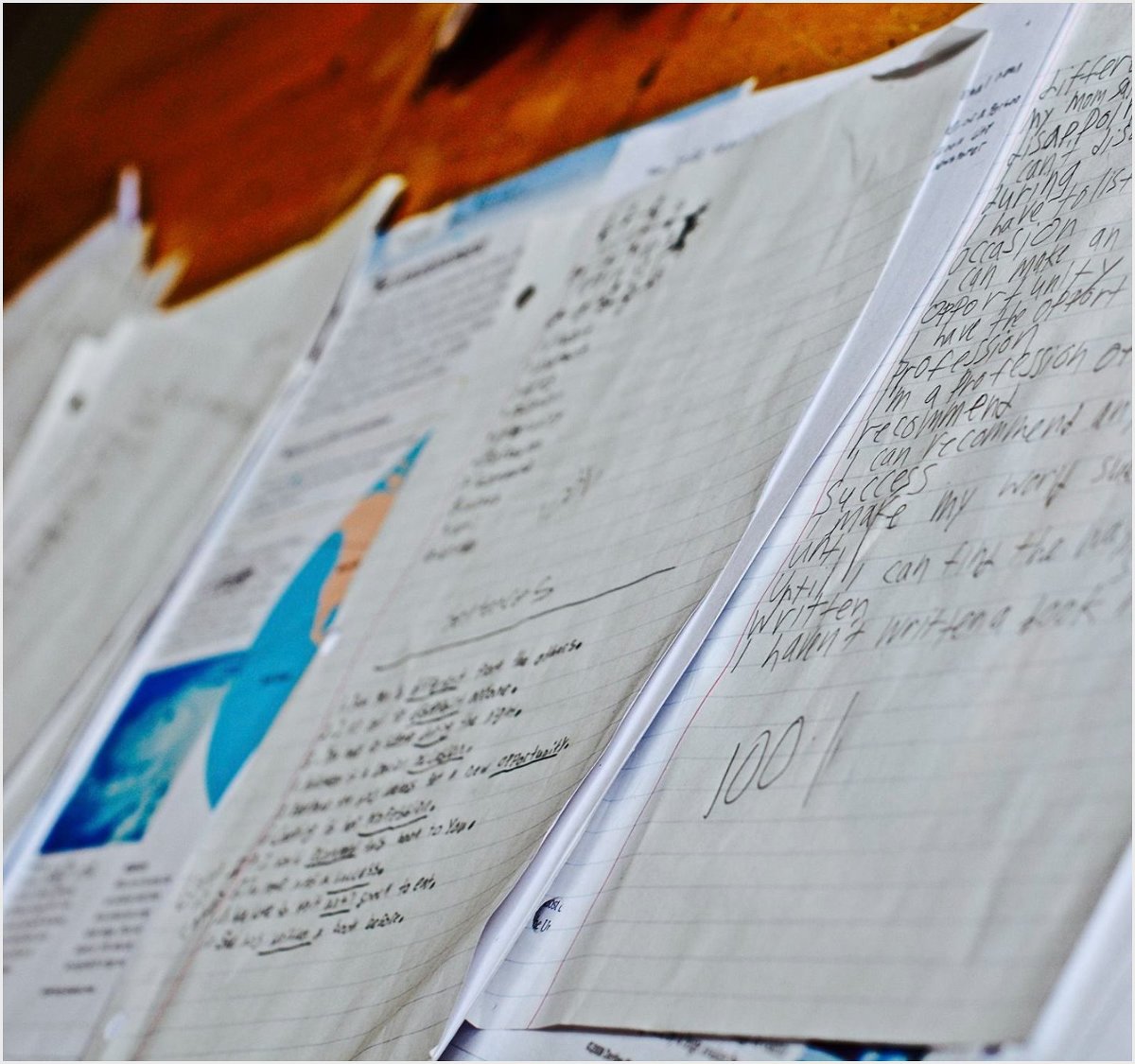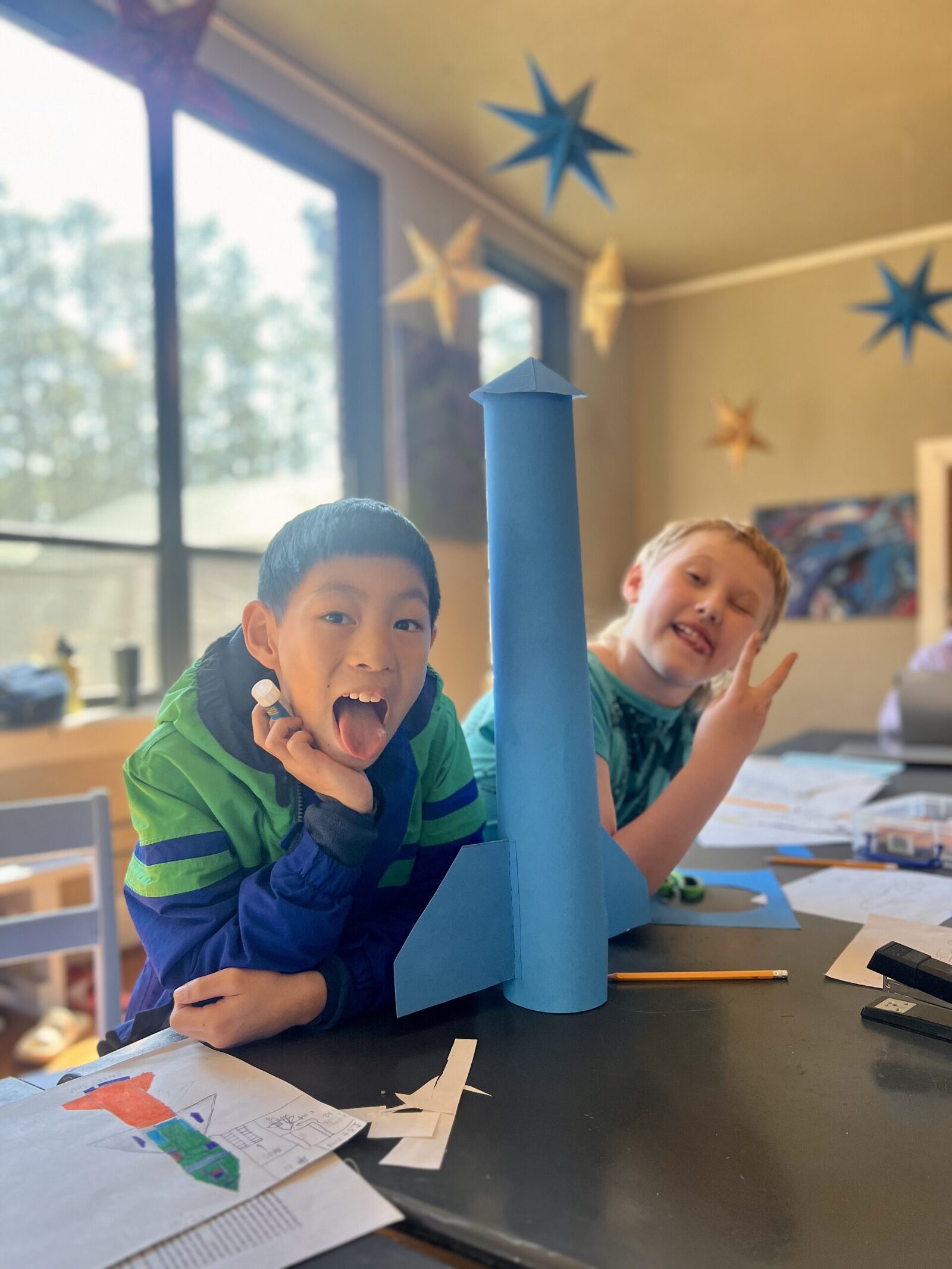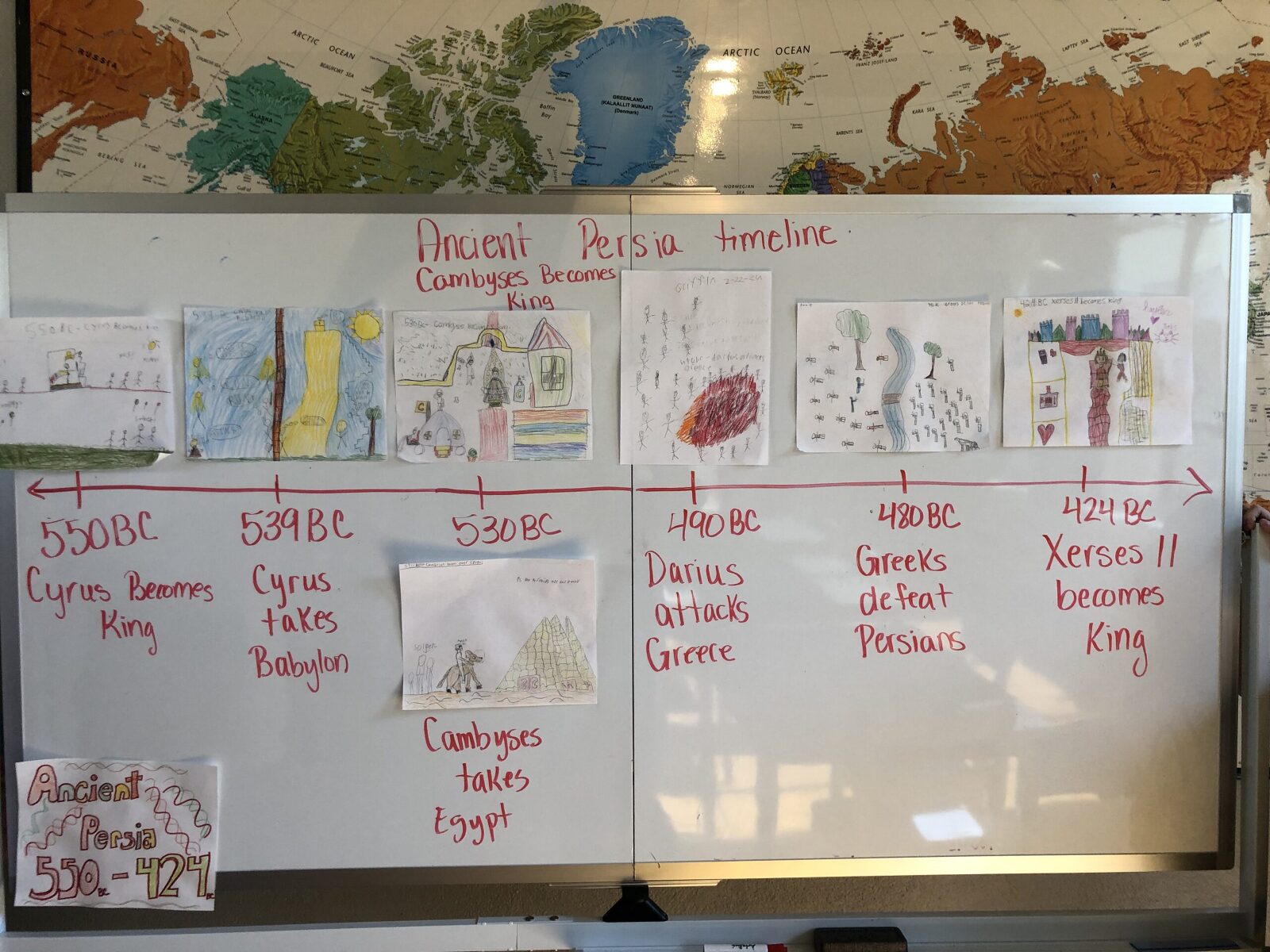Jordan Lake School of the Arts
Academics FAQ
Q. What is an average day like?
A. After an hour long nature hike our morning consists of direct and small group instruction in core subjects. Our afternoons are a time when instructors work to incorporate educational themes we are studying into theater, music, movement, and art work. We also offer group reading, dance, yoga, and an outdoor education program. While all of this has a natural flow, it requires structure and monumental amounts of pre-planning. Each child’s individual needs are considered and activities have various ability levels built in. Every student has a “Social Skills Curriculum” which may include public speaking or leading performances, while others may be building group or communication skills.
Q. What will my child be studying?
A. JLSA has a Integrated Curriculum based on the requirements and guidelines of the North Carolina Division of Non Public Education’s NC Course of Study. We offer a college preparatory curriculum, but also utilize mentorship, vocational opportunities and developing entrepreneurial ideas for students who have other goals.
Q. What about standardized tests and homework?
A. At JLSA there is generally assigned minimal homework. Each student in Kindergarten through third grade must complete twenty minutes of nightly reading and track their progress in an online reading program, Fast Forward ®. Fourth grade and beyond are required to submit quarterly book reports. All grades fourth and higher must complete nightly twenty minutes of mathematics through an online program which submits results directly to the school. At times, there may be small at home activities as well. Standardized testing is done as required by the NC Department of Non-Public Instruction at the year end of grades three, six, nine, and eleven and as required by the state for any child first grade and above that receives the NCDG. We utilize a national norm referenced test for these evaluations. We do not base our enrollment or re-enrollment on standardized test scores.
Q. How does an arts based program provide a better quality of education?
A. Arts Education is incorporated into every day’s activities, on an individual and/or group basis. The general artistic areas we focus on are Theater, Music, and Visual Arts. Divergent thinkers flourish in an arts and experiential program. Blending educational and social goals and dynamic arts enhances learning while developing self -expression and confidence. With effective planning all children’s ability levels can be appreciated in activities-a perfect environment for true inclusion
